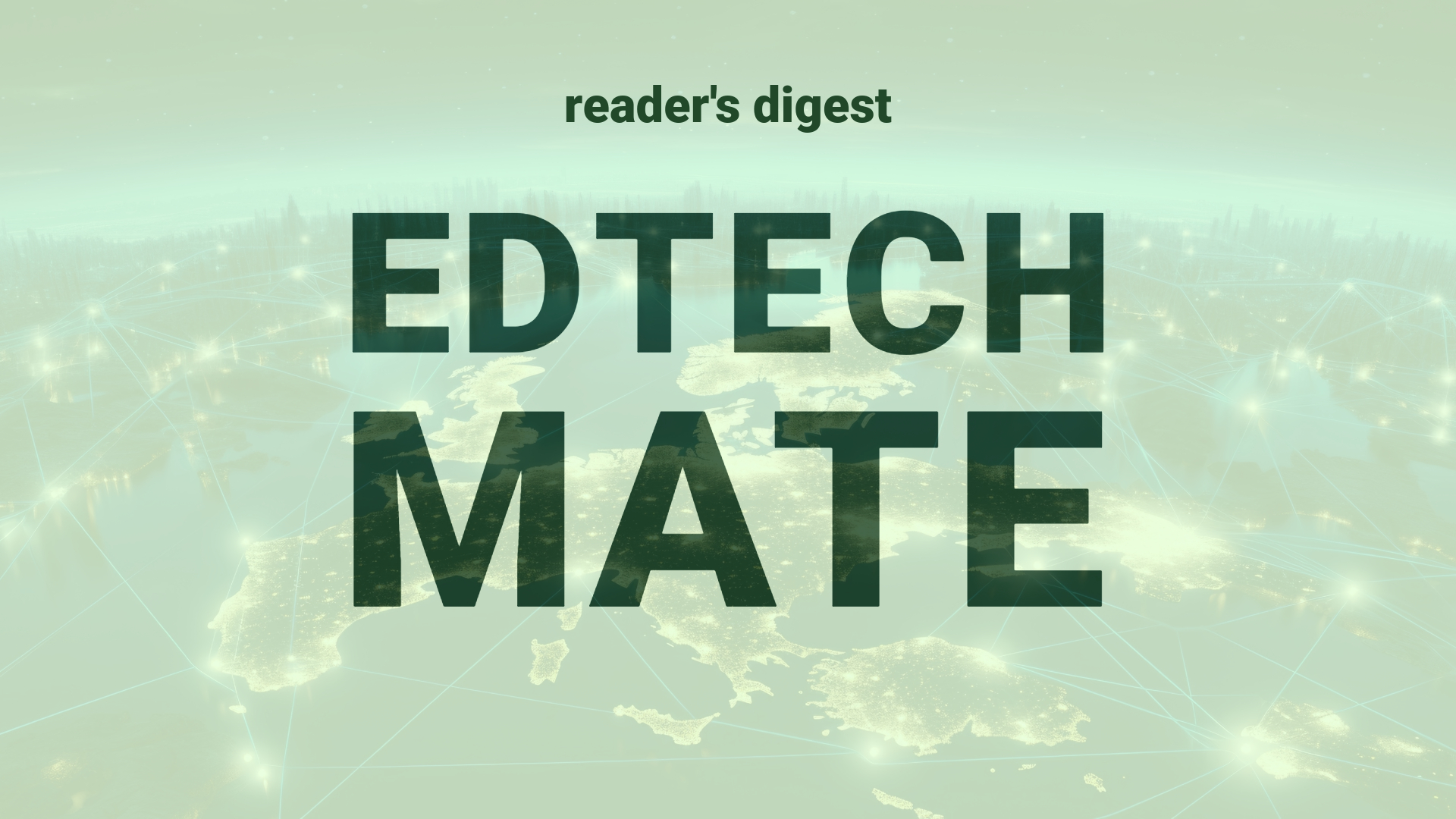“`html
Executive Summary and Main Points
The National Center for Women & Information Technology (NCWIT) leverages extensive data and research to address diversity, equity, and inclusion (DEI) in the IT sector, with a strategic focus on systemic organizational change. With a network of over 1,500 stakeholders, including educational institutions and prominent tech companies such as Apple, Microsoft, and Google, NCWIT advocates a shift from fixing women to fixing systems. The organization offers the Tech Inclusion Journey (TIJ), a software-based platform that enables organizations to evaluate and improve their DEI practices across various teams and operations within the company. The approach stresses the importance of leadership buy-in and consistent management of DEI initiatives for sustainable cultural change.
Potential Impact in the Education Sector
NCWIT’s TIJ and overall philosophy hold significant potential for shaping the landscape of Further Education, Higher Education, and micro-credentials by fostering strategic partnerships and promoting digitalization initiatives. These programs can enhance recruitment and retention strategies for underrepresented groups within campus environments while also ensuring students from diverse backgrounds enter welcoming, inclusive workplaces post-graduation. Educational sectors can apply these insights to evolve their leadership models and curricular offerings, potentially resulting in a more diverse talent pipeline and improved DEI outcomes in the long term.
Potential Applicability in the Education Sector
Educational institutions could integrate AI-enhanced DEI tools similar to NCWIT’s TIJ to assess and refine their policies, classroom environments, and student support systems. The adaptability of such tools could allow for a global application, with the potential to tailor initiatives to the specific cultural and ethical contexts of international education systems. Additionally, leveraging digital tools can democratize access to resources for micro-credentials and lifelong learning opportunities, underlining the importance of technology in creating equitable educational ecosystems.
Criticism and Potential Shortfalls
Criticism of such DEI initiatives may include questions of effectiveness, the potential oversimplification of complex cultural issues, and the dependence on engagement from higher echelons of leadership. Comparative international case studies might highlight varying degrees of success and resistance. Ethical considerations must also be taken into account, especially regarding data privacy and the representation of marginalized identities without tokenism. Experience demonstrates that singular solutions are insufficient and must be part of broader, systemic change efforts.
Actionable Recommendations
For educational leadership interested in harnessing these technologies, recommendations include: initiating pilot programs with digital DEI assessment tools, integrating findings into institutional strategic planning, and investing in training for staff at all levels to lead DEI efforts. Further, leadership should encourage cross-institutional collaboration and learning, fostering international networks to share best practices. Finally, a long-term commitment to regularly revisiting and updating DEI strategies will be essential to ensuring these digital transformations are effectively embedded within institutional cultures.
“`
Source article: https://www.cio.com/article/1311806/ncwit-digitally-transforms-the-dei-journey-to-help-uplift-women-in-it.html

